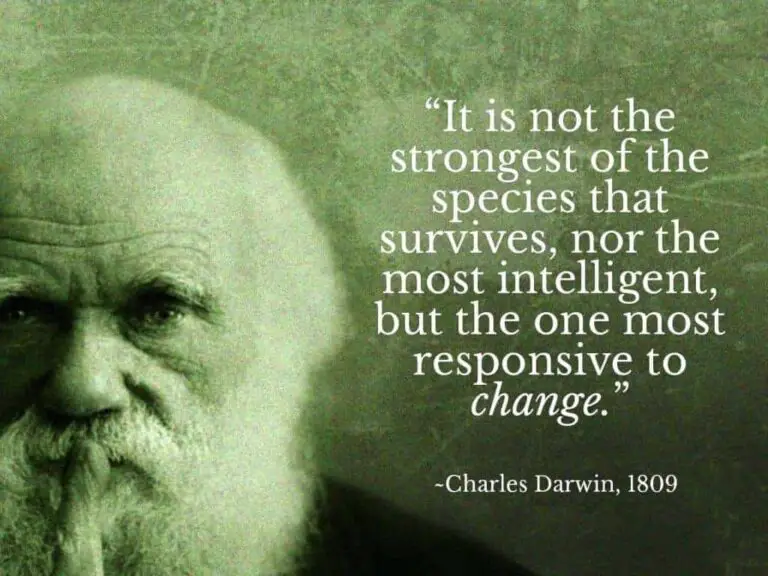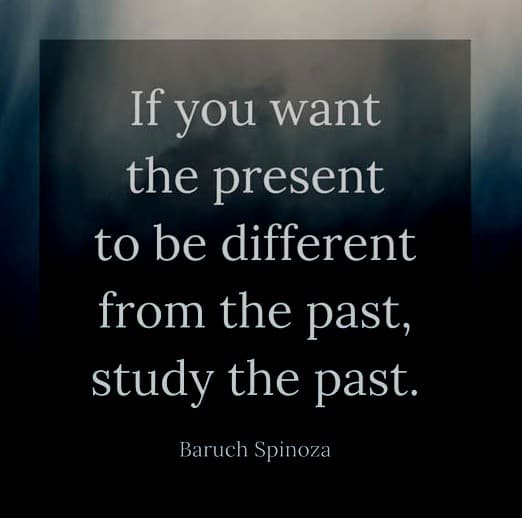Emotional Eating: 6 Ways To Overcome It

What is emotional eating
Emotional eating is the act of eating to feel better emotionally. Some people eat because the can’t deal with strong emotions such as anxiety, depression, anger and even boredom.
If you can’t identify emotions and deal with them you may start the habit of emotional eating. You might use food for numbing and denying your emotions.
This habit becomes a trap where you eat to deal with emotions, then you feel guilty or bad because you have done so. And because you are felling bad you eat again. This is what is known as emotional eating. Why do I use food as comfort? We use food as comfort because we believe that food will fill the void of emptiness and negative emotions and will create a false feeling of fullness.
The difference between emotional hunger and physical hungerBefore you can break free from the cycle of emotional eating, you first need to understand the difference between emotional hunger and physical hunger. Emotional hunger comes on suddenly. When you experience emotional hunger it feels overwhelming and urgent. On the other hand, physical hunger, comes gradually, unless you have not eating for a long period of time. Emotional hunger craves specific comfort foods. When you’re physically hungry, you choose to eat healthy or unhealthy, but emotional hunger craves junk food or sugary snacks that provide an instant rush. You feel like you need something sweet or some junk food to feel better. Emotional hunger often leads to eating too much. Before you know it, you’ve eaten a whole bag of chips for example, without paying attention or fully enjoying it. When you’re eating in response to physical hunger, you know what you are doing. Emotional hunger isn’t satisfied once you’re full. You keep wanting more and more. Physical hunger, doesn’t need to be stuffed. You feel satisfied when your stomach is full and you stop eating. Emotional hunger often leads to guilt, shame and regret. If you feel guilty after you eat, or feel shame or regret you are experiencing emotional hunger. When you eat to satisfy physical hunger, you’re unlikely to feel guilty or ashamed because you’re simply giving your body what it needs.
How to Overcome Emotional Eating
- Recognize that you are suffering from emotional eating. Ask the following questions: Do you eat when you are not hungry, why?. Do you eat when you are bored, stress or angry?. Do you go into diets regularly because their fail and feel guilt for eating? .Do you use laxatives or throw up if you think you eat too much?. Do you often feel guilty after eating? After an unpleasant experience, do you eat even if you aren’t feeling hungry?
- Start handling your emotions. If you can’t do it yourself seek for professional help.
- Practice self-awareness. Notice the signs in your body. Emotions are manifested in our bodies. If you are angry at someone you might feel a tit ness in your neck. If you are not able to identify your emotions read what are emotions
- Don’t keep unhealthy foods and snack healthy. If you feel the urge to eat between meals, choose a fruit, vegetables or power bars.
- Eat a balanced diet. Eat at least three times a day, avoid skipping breakfast. Balance your diet with whole grains, vegetables and fruits and lean protein sources.
- Exercise regularly and get adequate sleep. You will feel great exercising. Go to the gym, walk, or practice an sport you love. You will release stress and anxiety an sleep better. Don’t forget to drink a lot of water.
- Try techniques for releasing emotions such as: Emotional Freedom Techniques or Self-hypnosis.







